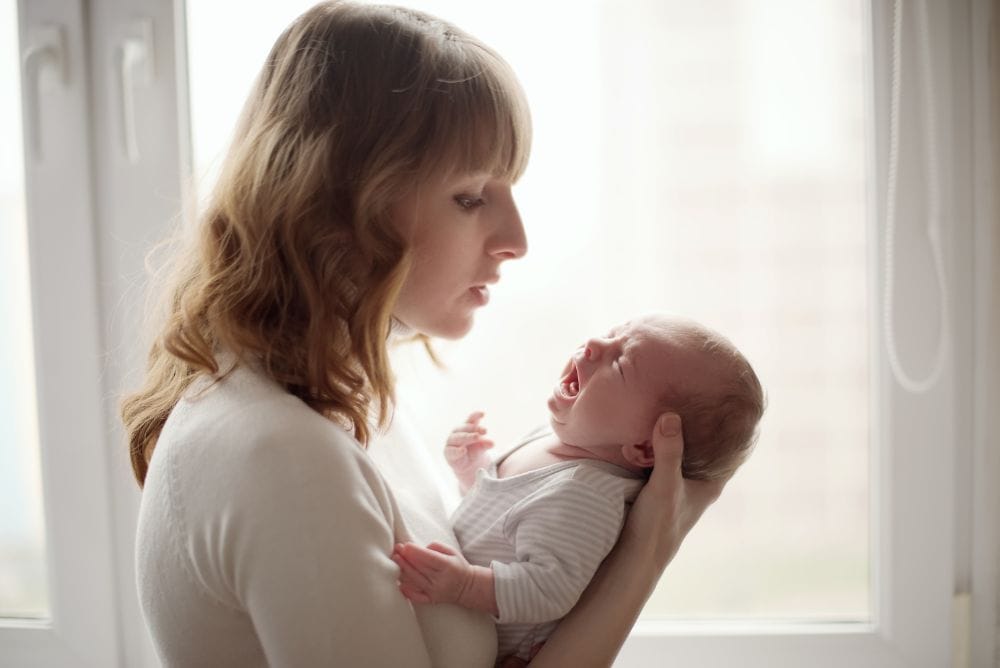baby crying loud when breastfeeding
You need to eliminate illness as a cause of crying. One mom brought her 2-month-old daughter into the emergency room because the baby hadnt had a bowel movement in five days.
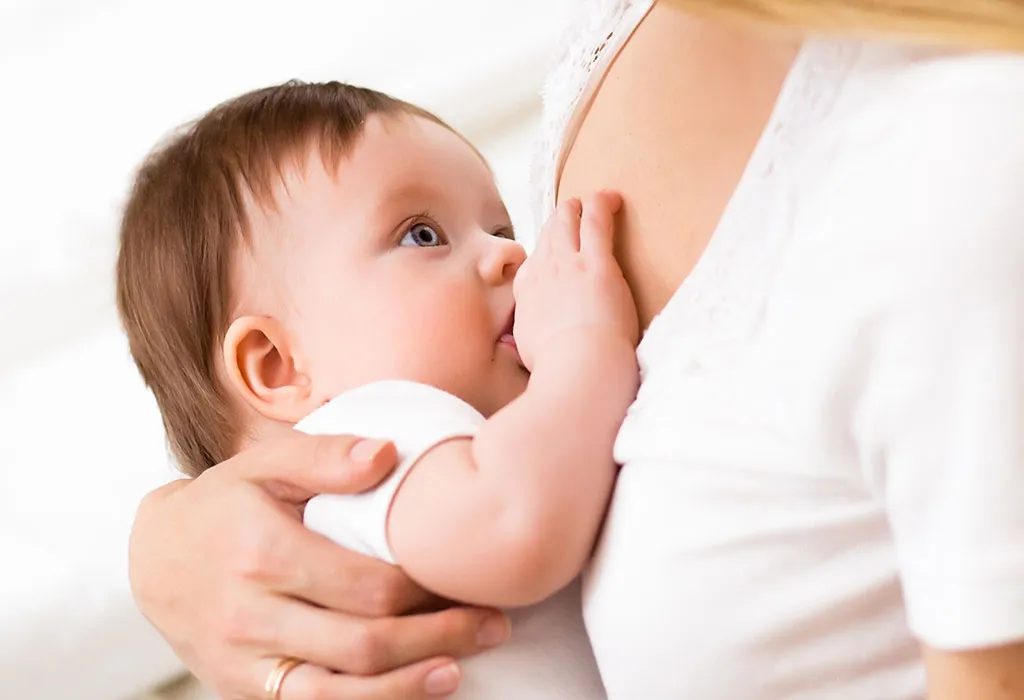
Baby Choking During Breastfeeding Causes Remedies Prevention
Even if youre pretty sure shes positioned correctly its a good idea to double-check especially if your nipples are sore.

. This cry will be longer and will be accompanied by yawning. By Susan Condon IBCLC CLE CLC lactation consultant. To help aid this try to finish feeding on one breast at a time while making sure to position them correctly an angle of 30 - 45 degrees When feeding by bottle make sure to.
Baby Crying at the Breast Reason 1. She is a mother who has breastfed. Some babies continue to startle even longer but if your baby still has a startle reflex after 6 months talk to their doctor.
If your baby is generally fussy not just when nursing see My baby is fussy. The babys face may become red the belly may bulge and the legs may be bunched up. The startle reflex peaks during the first month after birth.
This cry is like sudden jags and they are loud and high-pitched. Also bring it up with the doctor if your newborn. If your baby cries inconsolably for long periods each day you will want to make sure they are not sick by getting a thorough check-up from your medical adviser.
Sucking on their fingers or putting their fist in their mouth. So whats going on when a baby is crying at the breast. This could be due to gaseous distension or heartburn which is common in bottle-fed babies due to swallowed air.
When your baby gives out loud cries with an owh noise then it could mean that the baby is sleepy. If you are breastfeeding you can try adjusting your diet to see if that affects your baby. Positioning and Attachment Issues.
Babies cry at the breast for usually one of three reasons. For most of us nipple stimulation causes oxytocin to be. Rooting looking for the nipple with their mouth Making sucking motions and noises.
Crying right after a feeding could be a sign of heartburn. If your baby seems otherwise happy and content those noises are simply noises some babies are noisy. It is a known fact that all babies cry.
This cry will be longer and will be accompanied by yawning. However when they are nursing or eating the reasons might not be what you expect. It is worse when a child is lying on their back.
Sometimes startling can continue for three or four months. There are a number of reasons why this might be happening. The most common reason babies cry is because they are hungry.
If your baby is crying during breastfeeding she could be reacting to something that you are eating. Some babies will fuss cry or pull off the breast during breastfeeding. They need their parent to put them in a comfortable position.
Your baby will still sleep a lot at this age but there may be more times of alertness. 5 RSV Symptoms in Newborns Never to Ignore. When you notice your baby crying after feeding formula from a bottle he may have swallowed a lot of air while feeding causing all that gas to get trapped in the stomach making him uncomfortable.
Wrap your baby in a blanket so they feel secure. The second reason babies cry is they need sleep. Harvey Karps 5 Ss for soothing a crying baby.
If your baby is crying during a bottle feeding it is possible that your baby might have an allergy especially if your baby is drinking formula but an allergy is not always the cause. Talk to a friendly and knowledgeable ABA breastfeeding counsellor on the Breastfeeding Helpline. Bringing her hands to their face.
Called stridor or laryngomalacia this is a sound very young babies make when breathing in. Causes of Unexplained Crying. Watch your babys accompanying behavior.
It may be swaddled and on their back. If your baby seems to be crying for no reason pediatrician Harvey Karp advises parents to use the Five Ss which recreate the womb environment and activate your babys calming reflex. Since this screeching is most likely a normal development phase for your daughter and even a good one since it means that she is practising communication you might want to add some positive distraction for YOU from time to time.
It is caused by excess. You hear your baby grunt squirm and gulp while breastfeeding but dont panic. Put on some nice calming music that competes a bit with your babys singing or listen to a podd for example.
This condition is marked by more than 3 hours of crying three times a week. It usually disappears by about 2 months of age. This in turn causes them to become fussy at the breast.
Other reasons include lack of appetite due to illness not getting enough milk having a growth spurt or even needing to be burped. Delayed flow Milk usually isnt ready to squirt into babys mouth at the first suck. By the end of the feeding they are happy.
If they seem to cry a lot of after every feed and show symptoms of bloating it could be that they swallowed a lot of air while feeding. They stop crying at the onset of feeding. But first if your baby is bottled-fed make sure that the discomfort isnt just from swallowed air.
If your baby isnt satisfied youll need to figure out the underlying problem causing discomfort. Hungry babies might cry but remember to look for other earlier hunger cues like. Nipple soreness is usually a result of incorrect positioning and latch-on.
When breastfeeding babies sometimes struggle to latch on or gulp too much air. Some parents have flagged that the volume of the parent unit is not very loud and can depend on how close your baby is to the monitor. Its pretty common to see this type of behavior at around 6-8 weeks though it can occur at any time.
Once you know what to look for your babys feeding cues are fairly obvious. It sounds funny but babies can have real food allergies just like adults. If your baby makes clicking noises or dimples her cheeks while breastfeeding she may not be sucking properly.
Most crying babies are not sick. Frustration with flow discomfort or they want something else entirely. The frequent feeding at the breast stimulates production of the milk-producing hormone prolactin suppressing ovulation and making it less likely that the mother will get pregnant again.
When mothers respond to the cries by breastfeeding the baby gets benefits beyond just milk.

Baby Cries After Feeding What Should I Do
Crying Baby How To Decode Your Newborn S Different Cries
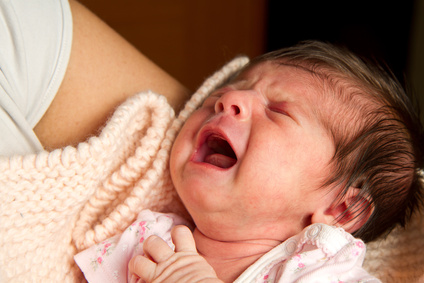
My Baby Fusses Or Cries When Breastfeeding What S The Problem Kellymom Com

Baby Cries During Breastfeeding Effective Ways To Deal With It
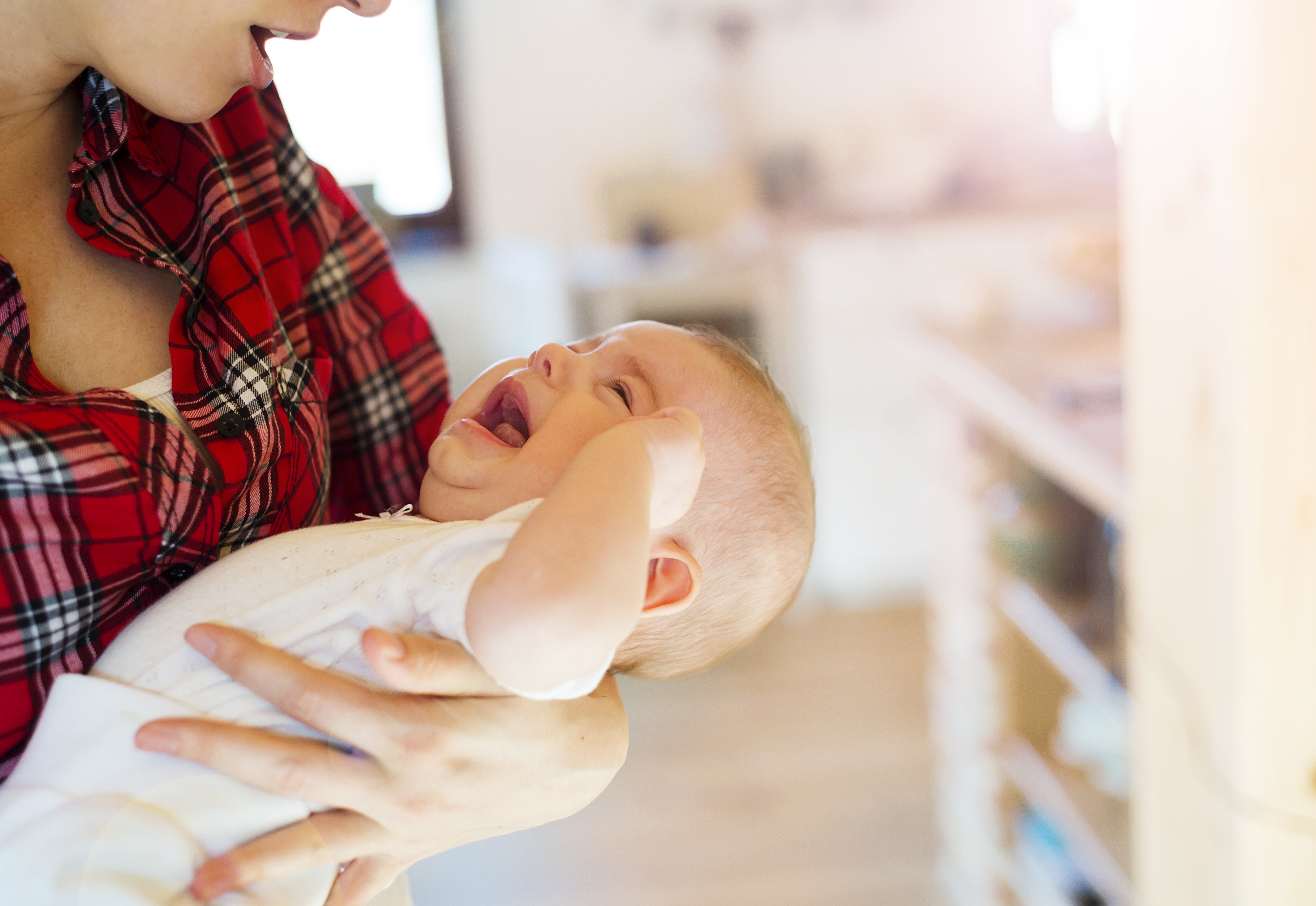
6 Ways To Soothe Your Crying Baby Medela Korea
Don T Feed Your Baby As Soon As He Cries Interpret The Twelve Kinds Of Cries Of The Baby And Be A Good Parent Who Will Bring The Baby Laitimes

Baby Cries After Breastfeeding 15 Reasons For Crying Bellybelly
6 Ways To Soothe Your Crying Baby Breastfeeding Tips And Breast Pump Info For Moms From Medela Canada

Crying Newborns At Night Causes And Tips Koala Babycare Koalababycare
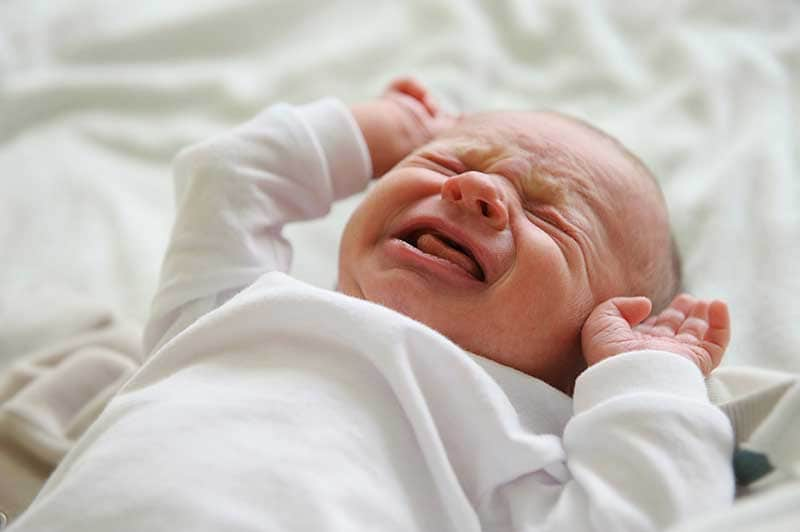
Overfeeding A Fussy Baby Is Your Crying Baby Hungry Strong4life

Different Baby Cries Causes Types And Solution Calm Down Baby

166 Breastfeeding Crying Photos Free Royalty Free Stock Photos From Dreamstime

Baby Cries During Breastfeeding Effective Ways To Deal With It
Don T Feed Your Baby As Soon As He Cries Interpret The Twelve Kinds Of Cries Of The Baby And Be A Good Parent Who Will Bring The Baby Laitimes
Breastfeeding Problems And How To Fix Them
Baby Cries During Breastfeeding Effective Ways To Deal With It
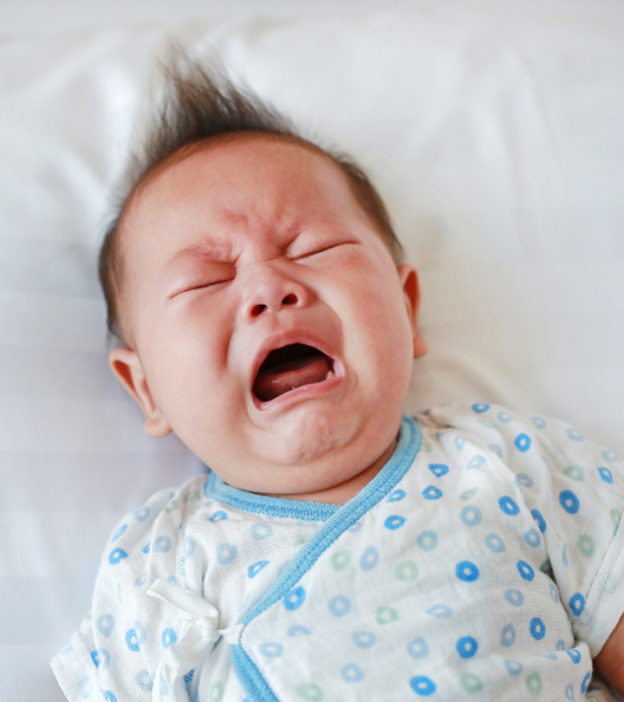
Baby Crying Types Reasons And Tips To Cope With It
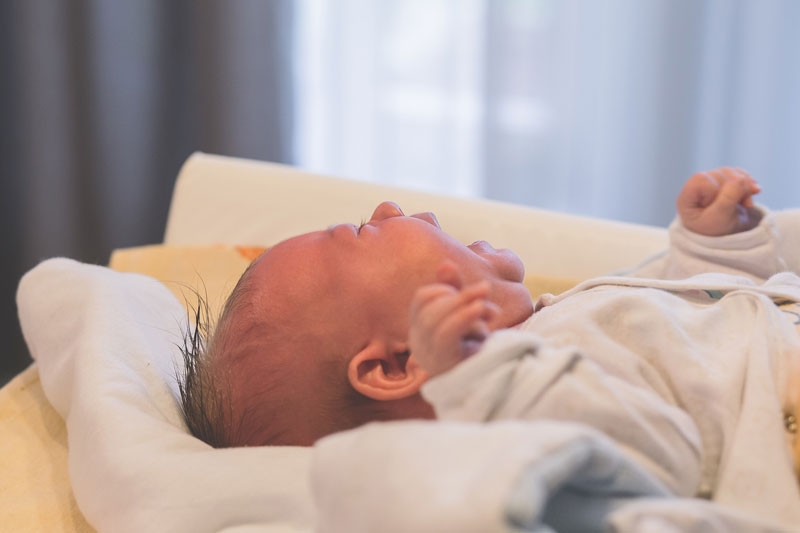
Baby Crying Sounds What Do Different Cries Mean Petit Journey
